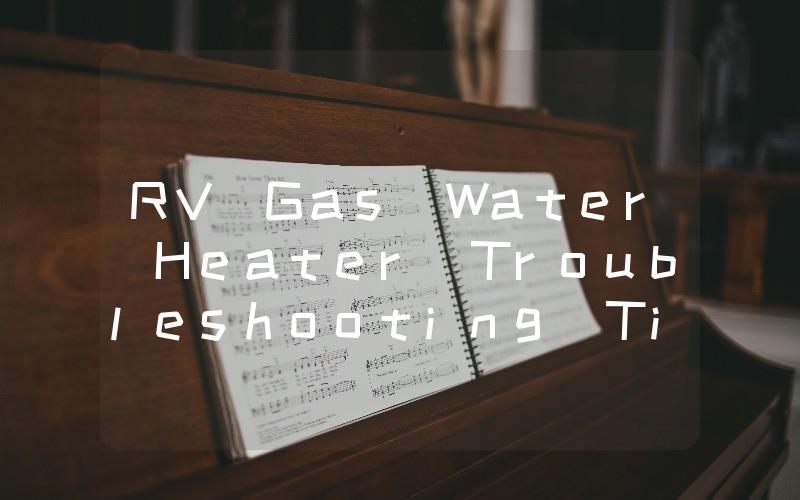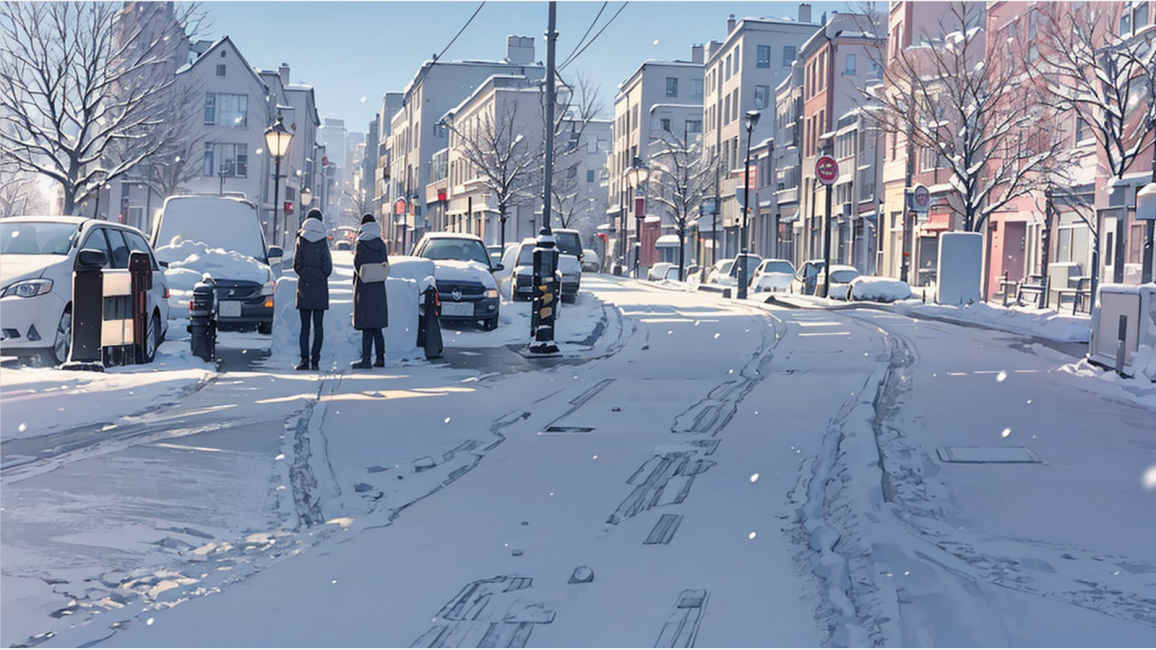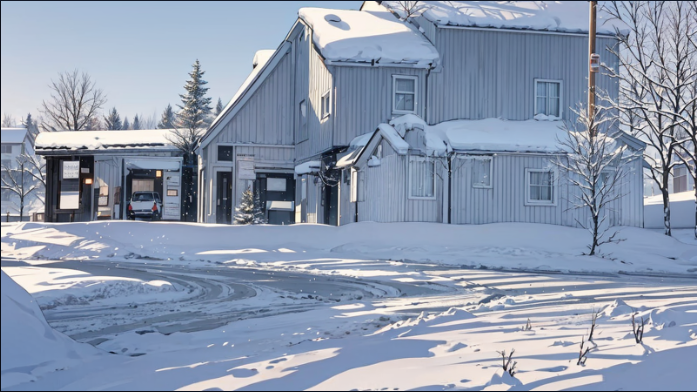
As an RV owner, you rely on your gas water heater to provide you with hot water for showers, washing dishes, and other daily activities. But what happens when your water heater stops working properly? In this article, we'll discuss some common issues with RV gas water heaters and provide tips for diagnosing and fixing them.
Here to introduce you Belief parking heater which made in China with good quality and low price, exported to more than 40 countries, selling worldwide, support oem, welcome to consultation and cooperation.
1. No Hot Water
If you turn on the hot water tap and nothing comes out, the first thing to check is the propane supply. Make sure your propane tank is full and that the valve is turned on. If the propane supply is fine, the next step is to check the pilot light. Make sure it is lit and that the flame is blue and steady.
If the pilot light is out, you can relight it by following the instructions in your owner's manual. If the pilot light won't stay lit, there may be an issue with the thermocouple. The thermocouple is a safety device that detects the pilot light flame and sends a signal to the gas valve to keep the gas flowing. If the thermocouple is faulty, it may need to be replaced.
2. Not Enough Hot Water
If your water heater is producing hot water, but it's not enough to meet your needs, there are a few things to check. First, make sure the water heater is set to the correct temperature. The ideal temperature for most RV water heaters is between 120 and 140 degrees Fahrenheit.
If the temperature is set correctly, the next step is to check the size of your water heater. If you have a small water heater, you may need to limit your hot water usage or consider upgrading to a larger unit.
3. Water is Too Hot
If your water is scalding hot, it's important to address the issue immediately to prevent burns or other injuries. The first thing to check is the temperature setting on the water heater. If the temperature is set too high, adjust it to a safer level.
If the temperature setting is correct, the issue may be with the thermostat. The thermostat is responsible for regulating the temperature of the water in the tank. If it's not working properly, it may need to be replaced.
4. Water is Discolored or Smells Bad
If your hot water is discolored or has a foul odor, it may be a sign of sediment buildup in the tank. Sediment can accumulate over time and cause the water to become discolored or smelly.
To fix this issue, you'll need to flush the water heater tank. This process involves draining the tank and flushing it with clean water to remove any sediment buildup. Your owner's manual should provide instructions on how to flush your specific water heater model.
5. Water Heater is Leaking
If you notice water leaking from your water heater, it's important to address the issue immediately to prevent water damage to your RV. The first thing to check is the pressure relief valve. This valve is designed to release excess pressure from the tank to prevent it from bursting.
If the pressure relief valve is working properly, the issue may be with the tank itself. Over time, the tank can develop cracks or other damage that can cause it to leak. If this is the case, the tank may need to be replaced.
In conclusion, RV gas water heaters are an essential component of your RV that requires regular maintenance and troubleshooting. By following these tips, you can diagnose and fix common issues with your water heater and ensure that you have a reliable source of hot water for all your daily needs.







